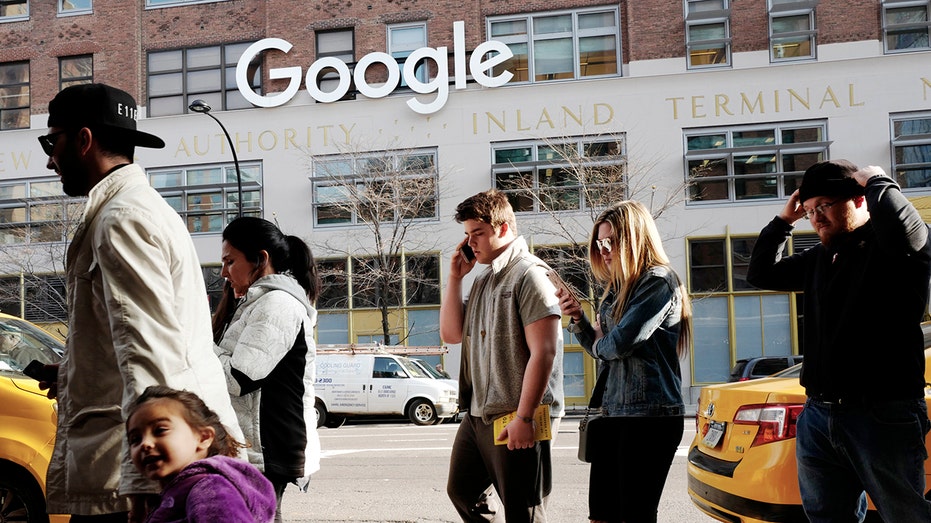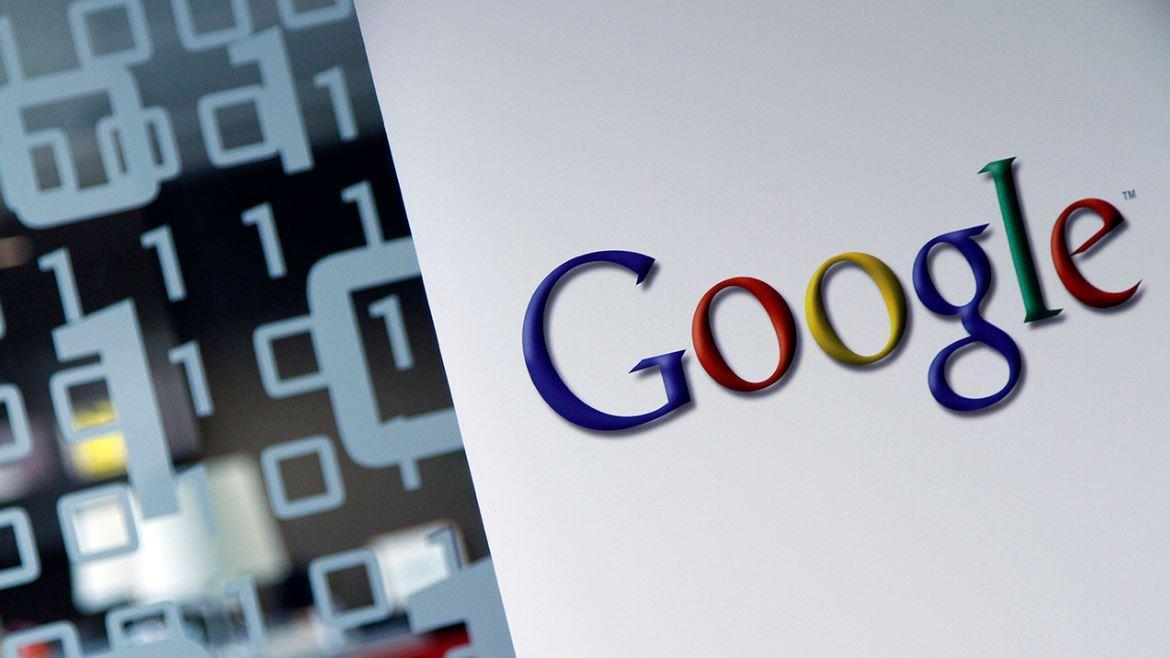Google takes a stand on political ads
The tech giant said it would begin restricting political ads on its platform.
Google will be changing its ad policies to prohibit the microtargeting of voters ahead of the 2020 presidential elections.
“A campaign can no longer load up a list of prospective voters, emails, or phone numbers and then match that personal data with an ad,” FOX Business’ Deirdre Bolton said on “Mornings with Maria.”
Google said it has never offered “granular microtargeting” of campaign ads, but is imposing limitations.
“We’re limiting election ads audience targeting to the following general categories: age, gender, and general location (postal code level),” Google Ads product management VP Scott Spencer said in a statement on the policy change.
AMNESTY INTERNATIONAL TORCHES GOOGLE, FACEBOOK AS HUMAN RIGHTS VIOLATORS
Google aims to bring its election advertising closer in line with the practices of TV, radio, and print media, by allowing “contextual targeting” intended to reach people who are looking at content related to the ad topic, according to the statement.
"So for example," said Bolton. "A campaign can still use general information to send subject matter ads -- people in this zip code seem to care about climate change so we just send a blast ad to everyone in that area."
The technology giant also clarified its policies. It is banning the "deep fakes", misleading claims -- ones that make "demonstrably false claims that could significantly undermine participation or trust in an electoral or democratic process."

People walk by the Google office building on Ninth Avenue in New York. (AP Photo/Mark Lennihan, File)
GET FOX BUSINESS ON THE GO BY CLICKING HERE
Google’s actions put Facebook in the spotlight.
“Facebook, for the moment, is a free for all. To the point where Mark Zuckerberg says it’s not going to police free speech. It has stuck to its stance, even with the idea of accepting political ads when they contain false claims,” Bolton said.
CLICK HERE TO READ MORE ON FOX BUSINESS
Google will begin to implement these changes in the U.K. during the week running up to their December 12 general election and in the E.U. and the rest of the world beginning January 6, 2020.




















